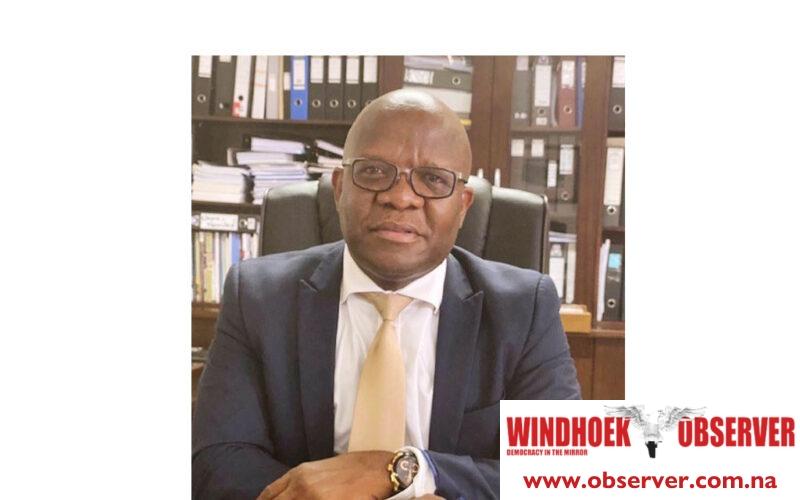Martin Endjala
Critical raw minerals, vital components of Namibia’s industrialization drive, must be developed in a way that aligns with the country’s industrialization goals and enhances its capacity to add value where feasible.
This assertion was made by Sikongo Haihambo, the Executive Director of the Ministry of Industrialisation and Trade, during the European Union-Namibia business forum in Brussels, Belgium, held yesterday.
“In the Namibian context, all minerals are crucial, and in 2021, we collaborated with the Ministry of Mines and Energy to establish a National Mineral Beneficiation Strategy. The guiding principles of our strategy revolve around value addition and fostering economic linkages with the broader economy,” Haihambo explained.
He also mentioned that, in addition to the mineral beneficiation strategy, his ministry is actively involved in the Critical Raw Minerals Committee, chaired by the Ministry of Mines and Energy.
This committee plays a crucial role in supporting the Memorandum of Understanding between Namibia and the EU, focusing on green hydrogen and critical raw materials.
Haihambo said that while the committee is still in its early stages, it is actively shaping the roadmap to guide its partnership.
“Namibia is fully committed to ensuring that this partnership results in mutually beneficial outcomes, especially in the realm of critical raw minerals,” he said.
Speaking about chemicals, Haihambo pointed out that dimension stones such as lithium, marble, and granite hold great importance in producing construction materials.
“Currently, Namibian stones are exported to the EU and other destinations in their raw form, only to return as tiles and tabletops for the Southern African Development Community market,” he added.
He expressed his belief that there is a significant opportunity to invest in establishing local factories to produce these final products, thus reducing reliance on imports.
Namibia’s green economy, according to Haihambo, presents extensive opportunities along the value chain. He cited the increased development in green hydrogen and ammonia production and its alignment with supporting industries as prime examples.
Haihambo reiterated the commitment made by President Hage Geingob, stressing that Namibia will no longer export raw minerals.
The focus is on enhancing the sustainability of the extractive industry and developing local processing, refining, recovery, and recycling capabilities within Namibia.
“This approach is the cornerstone of sustainable, clean, and inclusive economic growth, contributing to domestic resource mobilization, economic diversification, and deeper integration into the broader economy,” he said.




